Filter resources by type or complexity
All AdvancedArticleBeginnerCase StudyIntermediatePodcastReportResearch PaperVideoInfluence of Skin Type and Wavelength on Light Wave Reflectance
The intent of the study was to determine the influence of skin type and wavelength on light reflectance for pulse rate detection. PPG sensors detecting changes in blood flow are assessed for effectiveness on dark and light skin tones. Studies have shown that green light lacks precision and accuracy, and may not read at all […]
Read More
Accuracy in Wrist-Worn, Sensor-Based Measurements of Heart Rate and Energy Expenditure in a Diverse Cohort
The ability to measure physical activity through wrist-worn devices provides an opportunity for cardiovascular medicine. However, the accuracy of commercial devices is largely unknown. The aim of this work is to assess the accuracy of seven commercially available wrist-worn devices in estimating hea… This research paper assesses the accuracy of seven commercially available wrist-worn devices, […]
Read More
Millions of black people affected by racial bias in healthcare algorithms
Study reveals rampant racism in decision-making software used by US hospitals — and highlights ways to correct it. An algorithm widely used in US hospitals to allocate health care to patients has been systematically discriminating against black people, a sweeping analysis has found. The study concluded that the algorithm was less likely to refer black […]
Read More
The Health Pulse: AI Bias in Healthcare
Show Analytics Exchange: Podcasts from SAS, Ep The Health Pulse: AI and Bias in Healthcare – Mar 5, 2021 Data scientist Hiwot Tesfaye joins Greg for a conversation about the use of algorithms in healthcare and how models can introduce bias. They’ll discuss current examples of health care bias, who should be held responsible and […]
Read More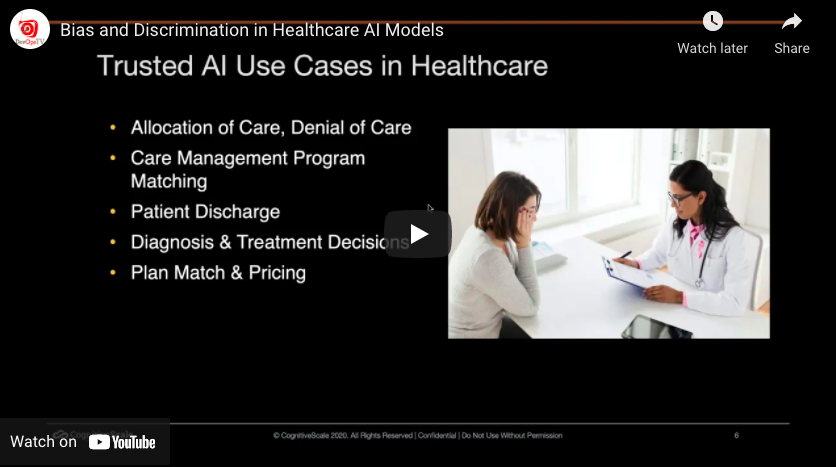
Bias and Discrimination in Healthcare AI Models
AI is helping healthcare organisations determine care management programs and treatment plans – who gets what care – but these models and algorithms can be biased and introduce discrimination in the allocation or denial of care.
Read More
AI and Bias in Healthcare
This guest panel series examines the use of AI in assisting healthcare, with a particular focus on automating tasks, communicating diagnoses and allocating resources. It examines the sources of bias in AI integrated systems and what we can do to eliminate it.
Read More
Use of AI-based tools for healthcare purposes: a survey study from consumers’ perspectives
This study sheds more light on factors affecting perceived risks and proposes some recommendations on how to practically reduce these concerns. The findings of this study provide implications for research and practice in the area of AI-based CDS. Regulatory agencies, in cooperation with healthcare… This paper examines AI-based tools for healthcare from a consumer’s perspective. […]
Read More
Understanding Racial Bias in Medical AI Training Data
By Adriana Krasniansky Interest in artificially intelligent (AI) health care has grown at an astounding pace: the global AI health care market is expected to reach $17.8 billion by 2025 and AI-powered systems are being designed to support medical activities ranging from patient diagnosis and triagin… AI-powered systems are being designed to support medical activities […]
Read More
Bias at warp speed: how AI may contribute to the disparities gap in the time of COVID-19
Abstract. The COVID-19 pandemic is presenting a disproportionate impact on minorities in terms of infection rate, hospitalizations, and mortality. In terms of infection rate, hospitalisation and mortality, the Covid-19 pandemic presents a disproportionate impact on minorities. Many believe that artificial intelligence could be a solution to guide clinical decision making to overcome this novel disease. […]
Read More
AI Bias May Worsen COVID-19 Health Disparities for People of Colour
A new article in the Journal of the American Medical Informatics Association points to the dissemination of “under-developed and potentially biased models” in response to the novel coronavirus. This article draws on recent medical research which shows how potentially biased models informing our health care systems have impacted COVID-19. These biased models could exacerbate the […]
Read More
Google Announces New AI App To Diagnose Skin Condititons
Earlier this week, Google announced the arrival of a new AI app to help diagnose skin conditions. It plans to launch it in Europe later this year. This article discusses mobile apps that aid the self-diagnosis of skin conditions. The apps do intend to be inclusive of all skin types, however, the training data was […]
Read More
The Potential for AI in healthcare
The complexity and rise of data in healthcare means that artificial intelligence (AI) will increasingly be applied within the field. Several types of AI are already being employed by payers and providers of care, and life sciences companies. The key categories … This report discusses current applications of AI as well as potential future applications […]
Read More
Addressing Bias: Artificial Intelligence in Cardiovascular Medicine
Artificial intelligence (AI) is providing opportunities to transform cardiovascular medicine. As the leading cause of morbidity and mortality worldwide, cardiovascular disease is prevalent across all populations, with clear benefit to operationalise clinical and biomedical data to improve workflow… Medical paper which examines the potential of Artificial Intelligence in cardiovascular medicine; it could hugely benefit patient […]
Read More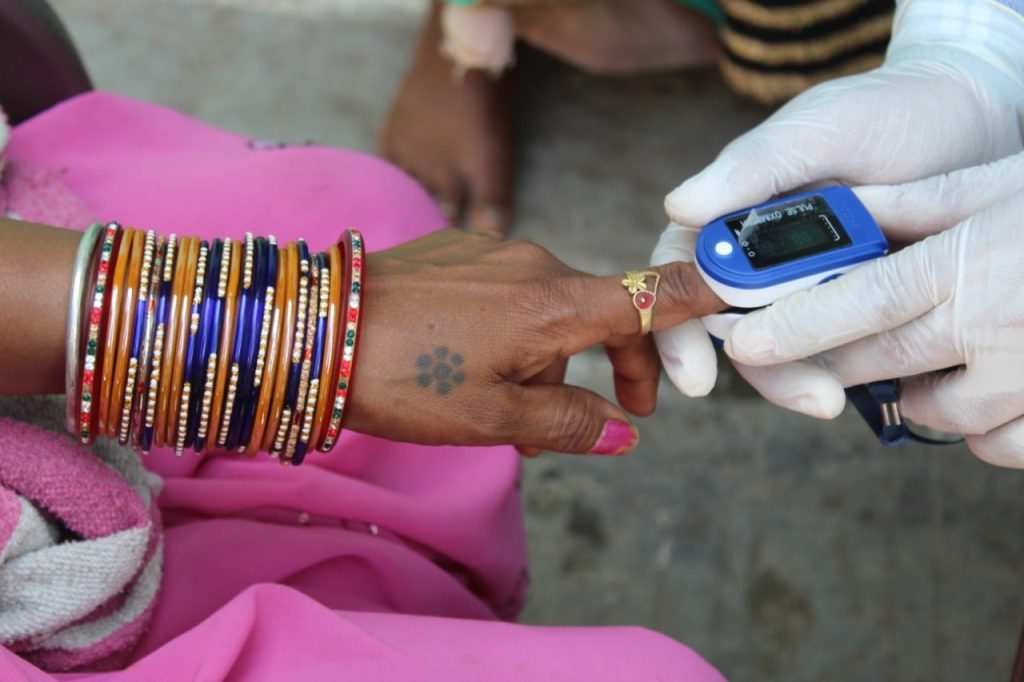
Debiasing artificial intelligence: Stanford researchers call for efforts to ensure that AI technologies do not exacerbate health care disparities
Medical devices employing AI stand to benefit everyone in society, but if left unchecked, the technologies could unintentionally perpetuate sex, gender and race biases. Medical devices utilising AI technologies stand to reduce general biases in the health care system, however, if left unchecked, the technologies could unintentionally perpetuate sex, gender, and race biases. The AI […]
Read More
Is a racially biased algorithm delaying healthcare for one million black people?
Sweeping calculation suggests it could be — but how to fix the problem is unclear. An estimated one million black adults would be transferred earlier for kidney disease if US health systems removed a ‘race-based correction factor’ from an algorithm they use to diagnose people and decide whether to administer medication. There is a debate […]
Read More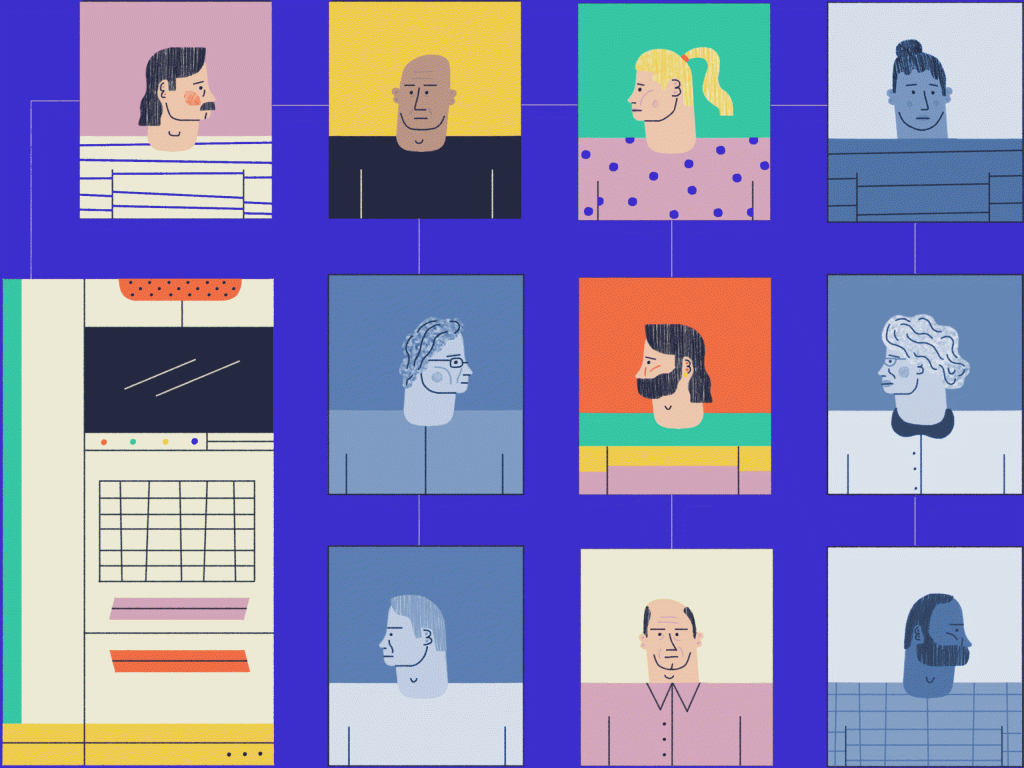
If AI is going to be the world’s doctor, it needs better textbooks
Artificial intelligence in healthcare currently reflects the same racial and gender biases as the culture at large. Those prejudices are built into the data. AI technologies are being used to diagnose Alzheimer’s disease by assessing speech. This technology could aid early diagnosis of Alzheimer’s. However, it’s evident that the algorithms behind this technology are trained […]
Read More
Understanding Racial Bias in Medical AI Training Data
By Adriana Krasniansky Interest in artificially intelligent (AI) health care has grown at an astounding pace: the global AI health care market is expected to reach $17.8 billion by 2025 and AI-powered systems are being designed to support medical activities ranging from patient diagnosis and… AI-powered systems are being designed to support medical activities ranging […]
Read More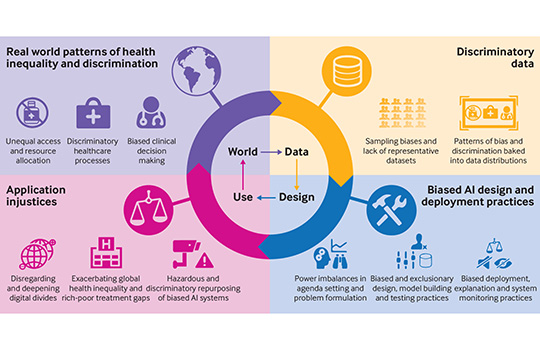
Does “AI” stand for augmenting inequality in the era of covid-19 healthcare?
Artificial intelligence can help tackle the covid-19 pandemic, but bias and discrimination in its design and deployment risk exacerbating existing health inequity argue David Leslie and colleagues. Among the most damaging characteristics of the covid-19 pandemic has been its disproportionate effect… A team of medical ethics researchers are arguing that bias and discrimination within AI […]
Read More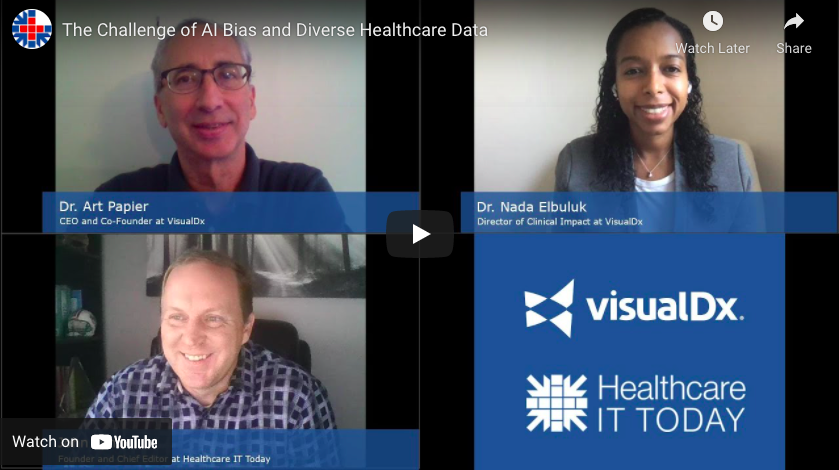
The Challenge of AI Bias and Diverse Healthcare Data
The double-edged sword of AI with bias; on the one hand it could treat every patient objectively and reduce bias, and on the other could impact certain patient populations adversely by using non-representative data. This video examines the potential of AI in reducing biases within medical diagnosis, by using AI technologies to understand how diseases […]
Read More
Can we trust AI not to further embed racial bias and prejudice?
Heralded as an easy fix for health services under pressure, data technology is marching ahead unchecked. But is there a risk it could compound inequalities? Poppy Noor investigates. Journalist Poppy Noor investigates how black people with melanoma are being underserved in healthcare, and the link to the racist algorithms driving new cancer software. Most of […]
Read More
AI-Driven Dermatology Could Leave Dark-Skinned Patients Behind
AI technologies have the potential to save thousands of people from skin cancer yearly, by aiding early diagnosis. However, this shift is also potentially dangerous for darker-skinned patients, as the demographic imbalances in dermatology can leave machine learning diagnoses less effective for darker-skinned patients.
Read More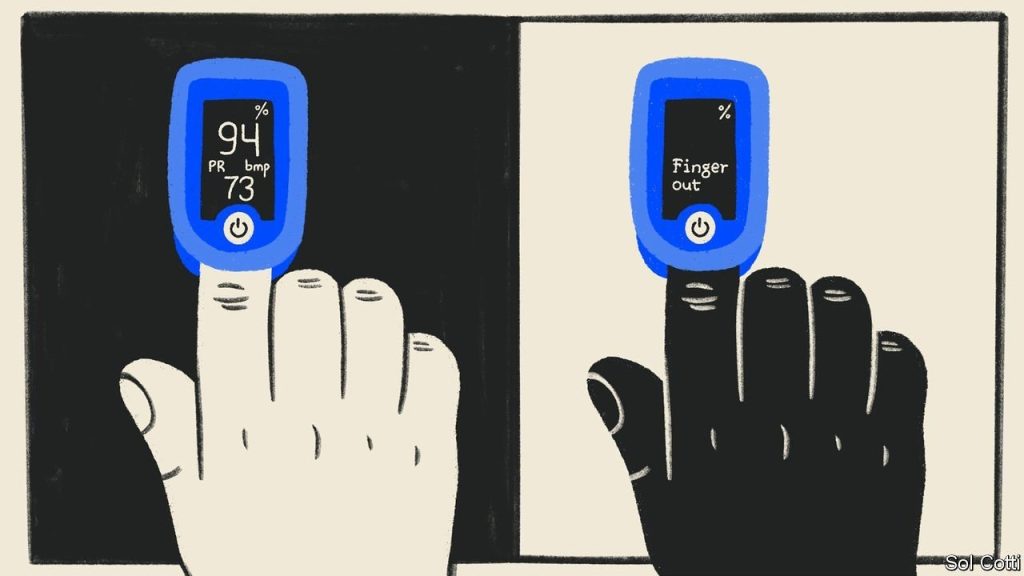
How medicine discriminates against non-white people and women
Many devices and treatments work less well for them This article explores how the pulse oximeter, a device used to test oxygen levels in blood for coronavirus patients, exhibits racial bias. Medical journals give evidence that pulse oximeters overestimated blood-oxygen saturation more frequently in black people than white.
Read More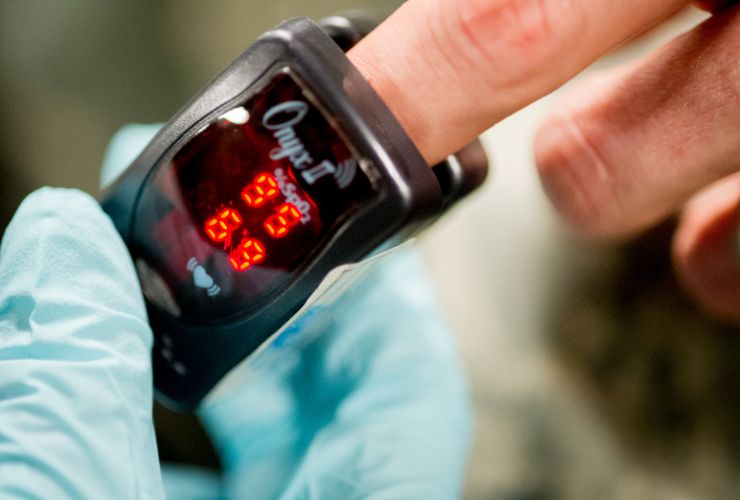
How a Popular Medical Device Encodes Racial Bias
Pulse oximeters give biased results for people with darker skin. The consequences could be serious. COVID-19 care has brought the pulse oximeter to the home, it’s a medical device that helps to understand your oxygen saturation levels. This article examines research that shows oximetry’s racial bias. Oximeters have been calibrated, tested and developed using light-skinned […]
Read More
Skin Deep: Racial Bias in Wearable Tech
Technology influences the way we eat, sleep, exercise, and perform our daily routines. But what to do when we discover the technology we rely on is built on faulty methodology and… Health monitoring devices influence the way that we eat, sleep, exercise, and perform our daily routines. But what do we do when we discover […]
Read More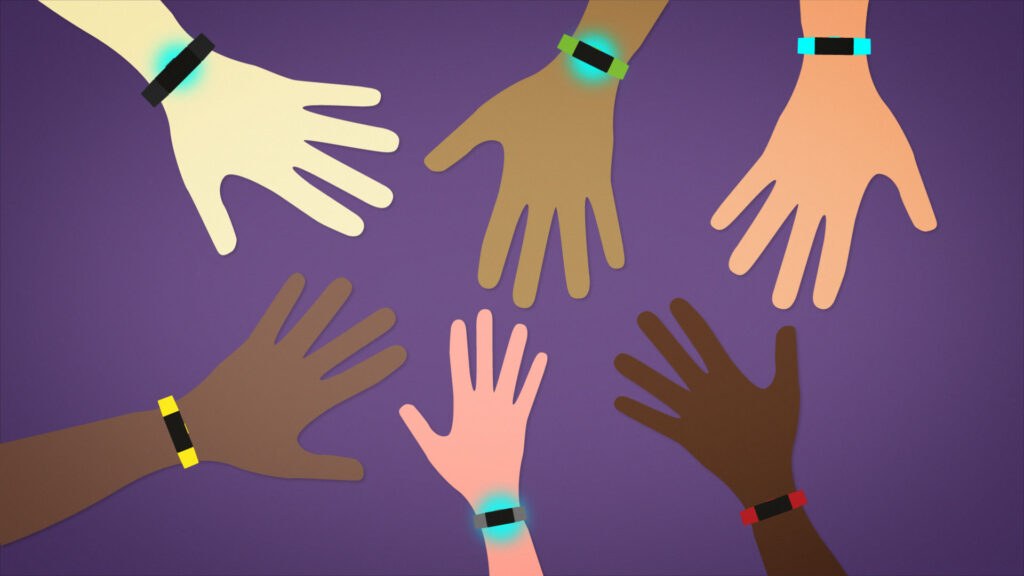
Fitbits and other wearables may not accurately track heart rates in people of colour
Many popular wearable heart rate trackers rely on technology that could be less accurate for consumers who have darker skin, researchers, engineers and other experts told STAT. An estimated 40 million people in the US alone have smartwatches or fitness trackers that can monitor heartbeats. However, some people of colour may be at risk of […]
Read More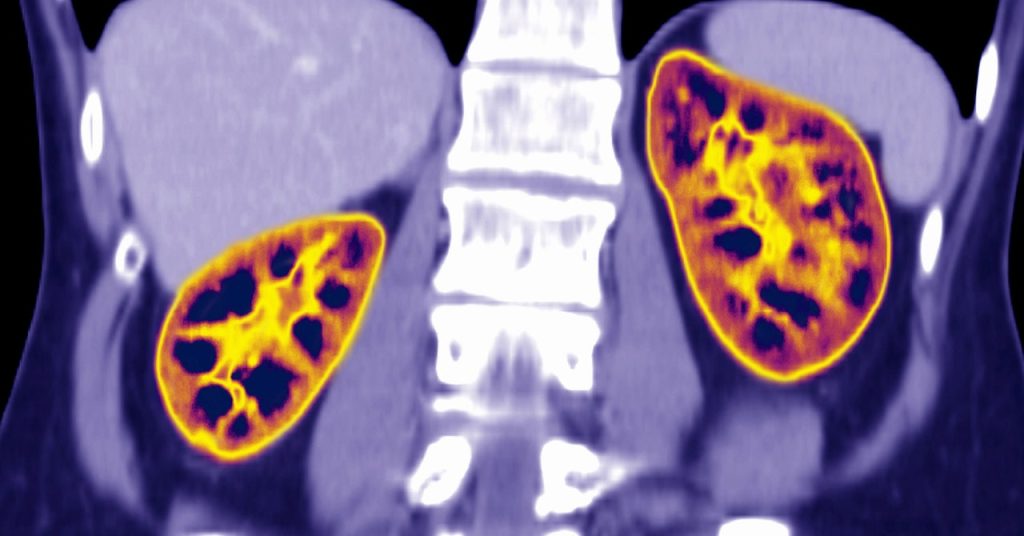
How an Algorithm Blocked Kidney Transplants to Black Patients
An algorithm used in the US supposed to estimate kidney function, the severity of the disease and allocation of kidney transplants, is found to be racially skewed, under-allocating necessary resources to black patients. A study demonstrates that the algorithm took an individual’s race into account, meaning that they were not offered a kidney transplant when […]
Read More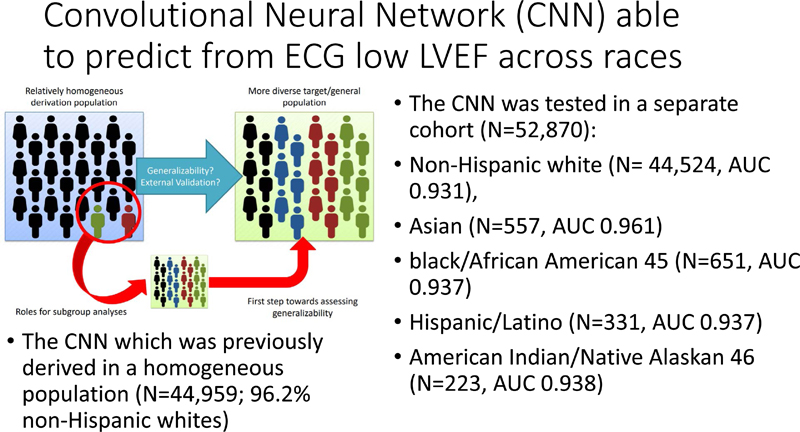
Assessing and Mitigating Bias in Medical Artificial Intelligence
Deep learning algorithms using data from homogeneous populations may be difficult to generalise, and potentially exacerbate racial disparities in health and health care. This research paper explores (1) whether the accuracy of a deep learning algorithm varies depending on race / ethnicity, and (2) whether this performance is down to racial variation or external health […]
Read More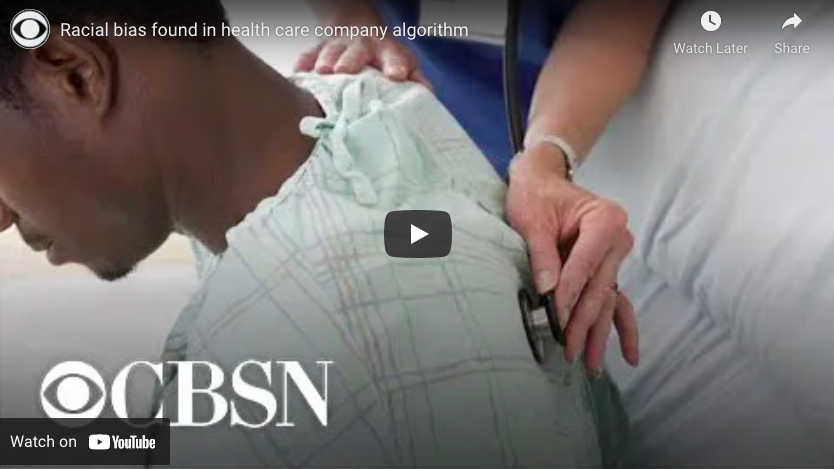
Racial Bias Found in Health Care Company Algorithm
New York news video reporting on the investigation into UnitedHealth Group over allegations that they are utilising a racially biased algorithm. A new study reports that the new AI software leads to lower levels of care for black patients compared to white patients.
Read More
Can AI Tackle Racial Inequalities in Healthcare?
News article, drawing on a study by Nature Medicine, which explains how algorithms might be able to help tackle racial biases within doctors’ own judgements. Doctors’ judgement of how much pain a patient is feeling has been linked to discrimination and racism, with black patients likely to have their pain level underestimated, which can adversely […]
Read More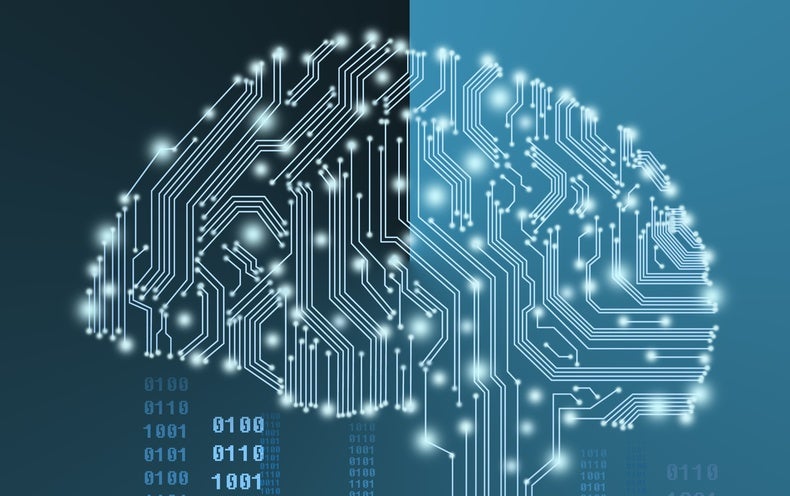
Health Care AI Systems are Biased
This article explains how bias in AI systems is contributing to the exacerbation of racial health disparities. There is a huge issue with the misrepresentation of our data sets, which could result in health systems that do not correctly identify nor treat illnesses in non-white patients. For example, skin-cancer detection algorithms trained on light-skinned individuals, […]
Read More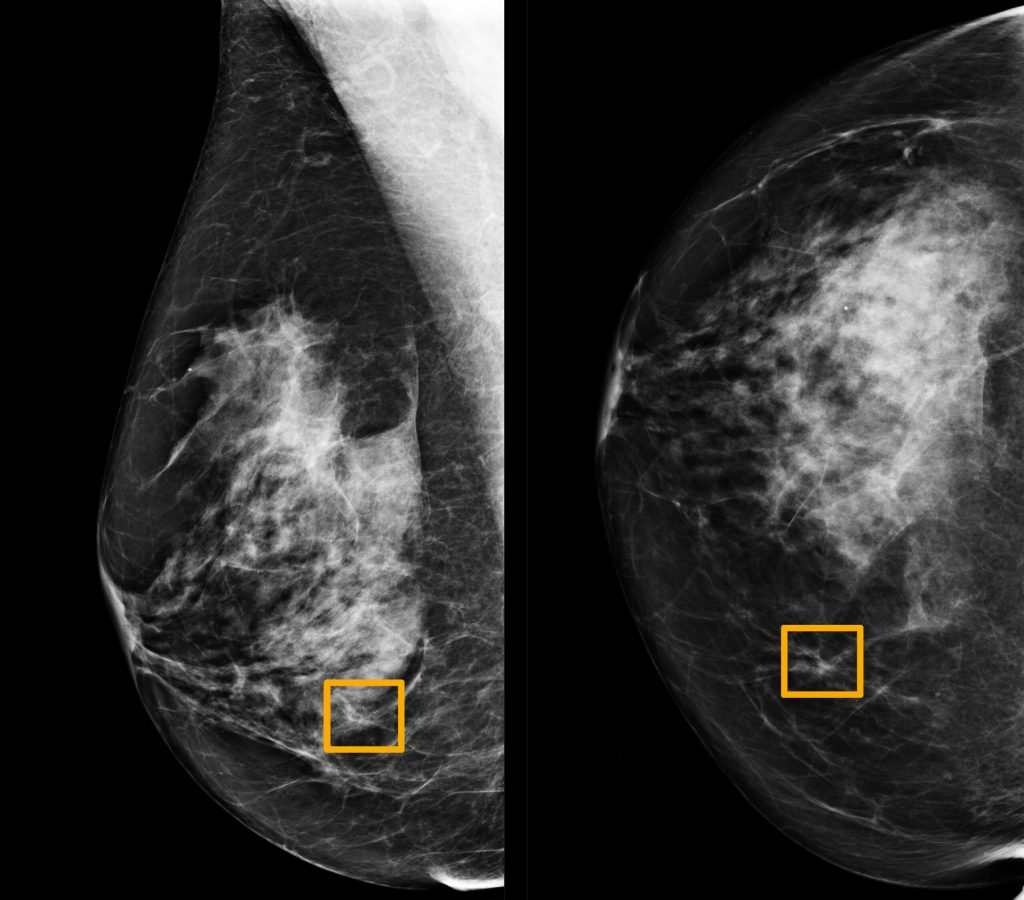
Google’s AI for mammograms doesn’t account for racial differences
A short article examining Google’s new AI for mammograms. It has hopes of replacing human radiologists with faster and more accurate diagnosis. However, there are worries over its accuracy in spotting cancer in diverse racial and ethnic populations, both due to white focused data sets and inherent biases within the healthcare system.
Read More
AI reveals differences in appearance of cancer tissue between racial populations
Artificial Intelligence technologies are being used to understand potential differences in prostate cancer tissues between racial populations; cancer tissues manifest differently in black and white patients. This research is revealing the racial bias in AI systems used to diagnose prostate cancer. Algorithmic models are trained on data from majority white populations, which means that prostate […]
Read More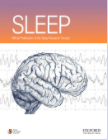
Limiting racial disparities and bias for wearable devices in health science research
Consumer wearables are devices used for tracking activity, sleep, and other health-related outcomes (e.g. Apple Watch, Fitbit, Samsung, Basis, Mio, PulseOn, Who Consumer wearables are devices used for tracking activity, sleep and other health-related outcomes, intended to help people reach their wellness goals. However these wearables are less accurate for people with darker skin tones, […]
Read More
Health Monitoring Devices
Health Monitoring Devices have gained popularity over the past few years, and hold promise in helping people to reach their wellness goals. However, these devices rely on un-representative data-driven algorithms, which leaves ethnic minorities vulnerable to their ineffectiveness.
Read More
Studies find bias in AI models that recommend treatments and diagnose diseases
New research shows that AI models designed for health care settings can exhibit bias against certain ethnic and gender groups. Machine learning models for healthcare hold promise in improving medical treatments by improving predictions of care and mortality, however their black box nature, and bias in training data sets leaves them vulnerable to instead hinder […]
Read More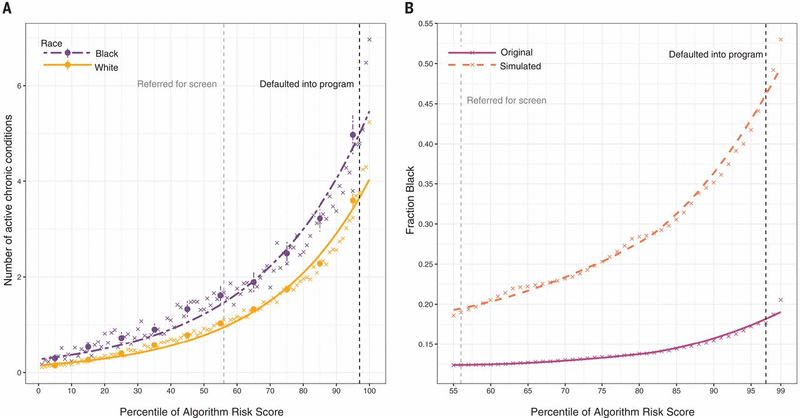
Dissecting racial bias in an algorithm used to manage the health of populations
Research article examining racial bias in health algorithms. The research shows that a widely used algorithm, which affects millions of patients, exhibits a significant racial bias. There is evidence that Black patients, who are assigned the same level of risk as white patients by the algorithm, are actually much sicker. This racial discrimination is reducing […]
Read More
New Study Blames Algorithm For Racial Discrimination
This article examines a tool created by Optum, which was designed to identify high-risk patients with untreated chronic diseases, in order to redistribute medical resources to those who need them most. Research has shown this algorithm to be biased; it was less likely to admit black people than white people who were equally sick to […]
Read More
Artificial Intelligence in Healthcare: The Need for Ethics
The advent of AI promises to revolutionise the way we think about medicine and healthcare, but who do we hold accountable when automated procedures go awry? In this talk, Varoon focuses on the lack of affordable medicines within healthcare and the concerns over racial bias being brought into the healthcare system.
Read More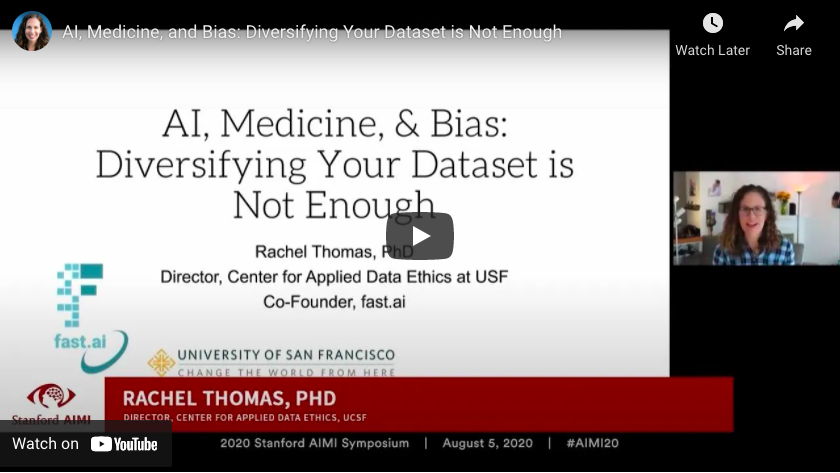
AI, Medicine, and Bias: Diversifying Your Dataset is Not Enough
Using the example of machine learning in medicine as an example, Rachel Thomas examines examples of racial bias within the AI technologies driving modern-day medicines and treatments. Rachel Thomas argues that whilst the diversity of your data set, and performance of your model across different demographic groups is important, this is only a narrow slice […]
Read More
Bias + Artificial Intelligence (in Medicine)
Talk by Rachel Thomas on the prevalence of bias within AI-based technology used in medicine. AI has the potential to remove human biases in the healthcare system, however its integration within medicine could also amplify the existing biases.
Read More
Racial Bias in Science and Medicine: Who’s Included?
A short video examining the lack of inclusion within clinical biomedical research, and the consequence this has on the effectiveness of the treatments and medicines for non-white patients. Lack of research on minority patients means that we do not understand the racial differences in drug response, and so approved medical treatments are excluding a huge […]
Read More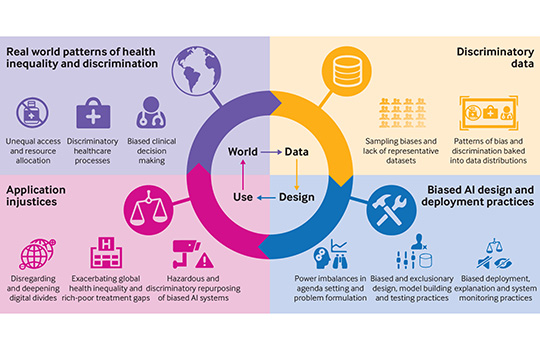
Does “AI” stand for augmenting inequality in the era of covid-19 healthcare?
Artificial intelligence can help tackle the covid-19 pandemic, but bias and discrimination in its design and deployment risk exacerbating existing health inequity argue David Leslie and colleagues Among the most damaging characteristics of the covid-19 pandemic has been its disproportionate effect… A team of medical ethics researchers are arguing that bias and discrimination within AI […]
Read More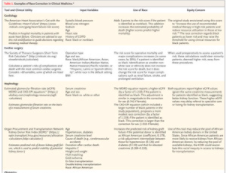
The Need for Use of Race Correction in Clinical Algorithms
Medicine and Society from The New England Journal of Medicine — Hidden in Plain Sight — Reconsidering the Use of Race Correction in Clinical Algorithms Physicians still lack consensus on the meaning of race within medical science; there is an ongoing debate as to whether racial and ethnic categories can reflect underlying population genetics, and […]
Read More
‘Objective’ Science and White Bias: BAME Under-Representation in Biomedical Research (Part 2)
By Amber Roguski. This is the second post in a two-part blog series. It explores the under-representation of Minority Ethnic individuals as participants in biomedical research. This article explores racial bias and exclusion within biomedical research. White People are 87% more likely to be included in medical research than people from a Minority Ethnic Background, […]
Read More
Addressing Bias: Artificial Intelligence in Cardiovascular Medicine
As the leading cause of morbidity and mortality worldwide, cardiovascular disease is prevalent across all populations. Artificial intelligence (AI) is providing opportunities to transform cardiovascular medicine. Medical report which examines the potential of Artificial Intelligence in cardiovascular medicine; it could hugely benefit patient diagnosis and treatment of what is the leading cause of morbidity and […]
Read More
New Medicines and Treatments
Modern medicines and treatments can be improved with the progression of AI in medicine by discovering new drugs, personalising treatments, and speeding up chemical trials. But if the racial exclusion common in biomedical research seeps into the data behind AI there’s a risk that these medicines wont be effective for everyone.
Read More
Diagnosis
AI racial bias has extended directly into vital aspects of patient care. With greater rates of misdiagnosis and underdiagnoses of skin cancers in the non-white populations, this is a prime example of AI systems adding to the global burden of health disparities which significantly impact minority groups.
Read More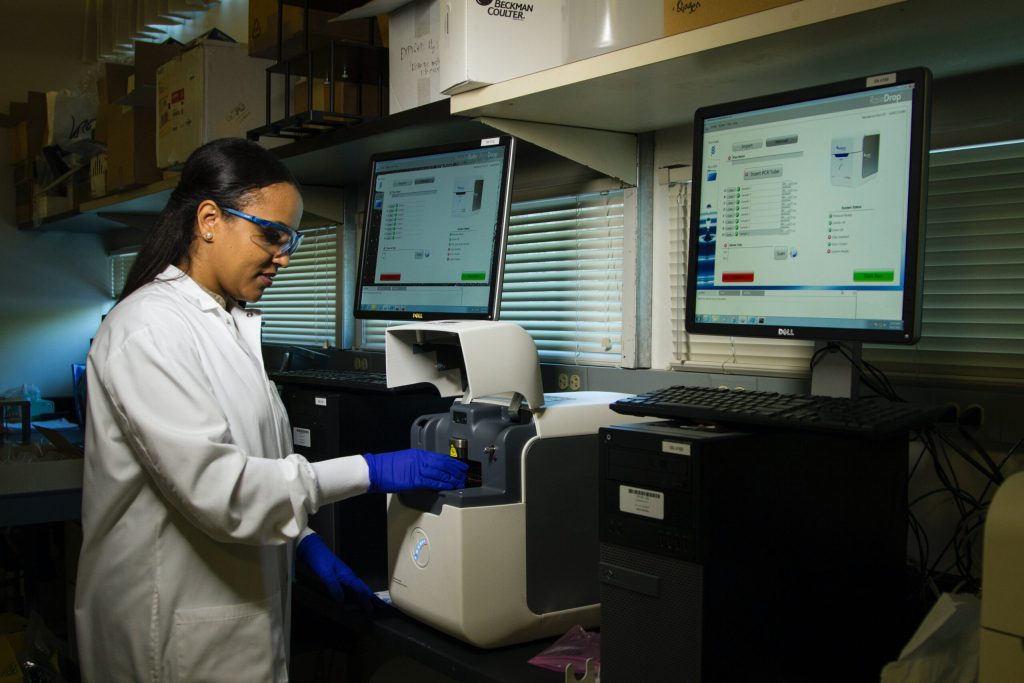
Resource Management
AI can help to improve resource management within the health care system, by locating gaps in the care system, rebalancing resources, and reviewing patient data to identify priority care patients. But how do we ensure that AI systems distribute resources and care fairly? Several case studies show how bias seeping into AI technologies is underserving black and ethnic minority patients.
Read More